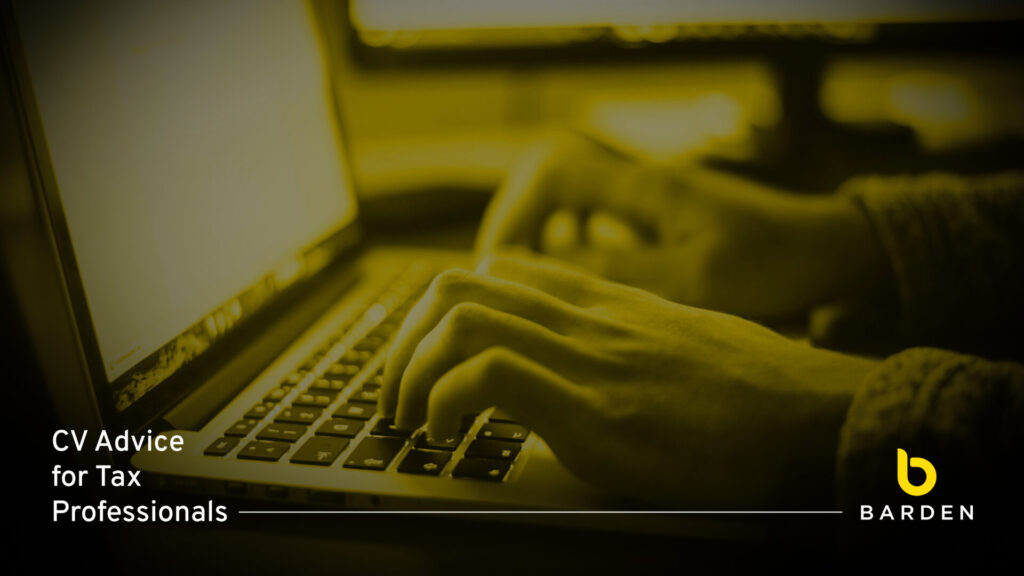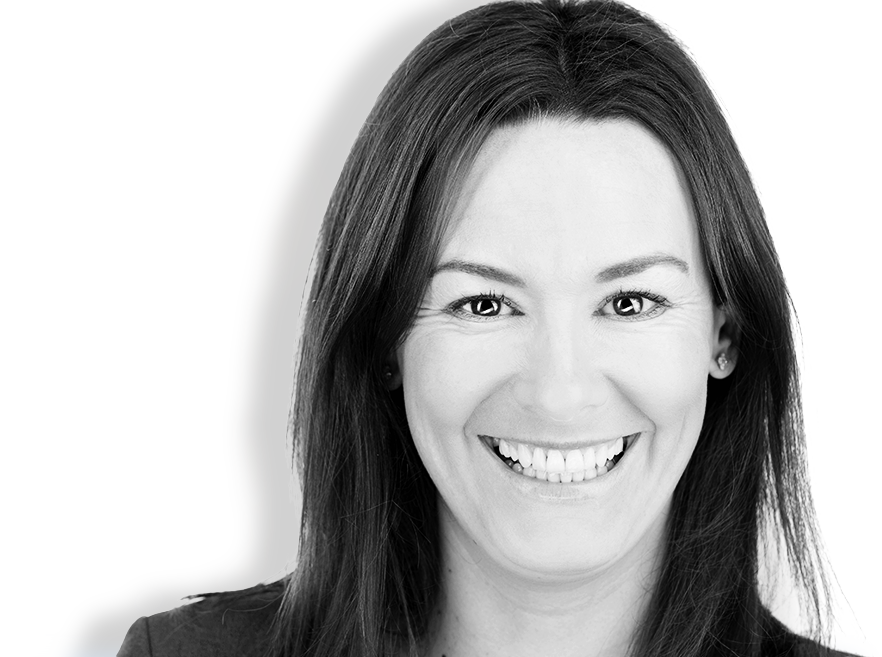Google CV advice and you will get plenty of advice from job search engines, recruitment companies and CV clinics on how to stand out from the crowd and perfect your CV. Although a lot of the advice is good solid advice, I find it to be quite generic for the tax community and doesn’t provide much insight on how to actually draft up a CV specifically when working in tax.
Tax is a complex matter in its own right so as a tax professional, it can be a difficult task to try and summarise your tax experience in a clear and concise manner whilst showcasing your achievements, technical skills and non-technical skills.
For many years I have been working with and advising tax professionals on perfecting CVs and to give you a kick-start, please get in touch with me to receive an editable CV word template where you can build your own CV from.
Here are a few pointers and tips to remember when building your CV and answers to the most commonly asked questions:
How do I articulate all my tax experience and how much level of detail should I include?
- Firstly, it helps to break your experience down to categories such as type of tax work or tax head. The most commonly used headings are tax compliance, tax consulting, project work and other. (Other can include technology/systems experience, people management, involvement in firm wide/companywide initiatives outside of tax).
- Don’t undersell your experience in compliance – tax professionals often feel they need to overemphasise exposure to major transactions or complex consultancy work.
- Detail is important but keep it in bullet format and you can always elaborate further during the interview – which leads onto the next point…
- Make sure you can back up what is on your CV so for example if you only had a small part to play in a project and would not be comfortable discussing the technical aspects in full, keep the detail to a minimum and to the bottom of your tasks.
- Try to differentiate yourself as much as possible by outlining any unique experience including secondments you have gained during your training contract/career history.
Can I mention specific clients I have advised?
- Mentioning clients is fine if they are publicly listed companies, however it can be more appropriate to refer to the industry sector detailing the type and size of the clients you are working with rather than the actual name of the client.
Should a tax CV look different if working in industry?
- The same principle applies – have a certain level of detail in terms of your experience but keep it concise. It may be harder to break your experience down by tax heads so providing a few examples around project work (compliance or consulting) can work.
- As your career progresses, your earlier experience in a practice can be minimised and promotions and achievements highlighted instead of daily responsibilities.
- If you are working in industry, it’s a good idea to provide a short snapshot of the company (organisational structure, tax function, reporting lines, geographical reach, people management responsibilities, involvement across other business units etc. etc.)
General Tips and Pointers
- Don’t try and squeeze everything into a 2-page document – feel free to move onto a 3rd page.
- Use a consistent format and font size (e.g. Times New Roman 11pt) throughout your CV and ensure that all text is correctly aligned and justified.
- Use a Microsoft Word Doc, not a PDF – lots of databases don’t like PDF formats would you believe.
- Use reverse chronological order, leading with education.
- Keep the content as factual as possible, avoiding overuse of generic skills. Avoid using “I” and use bullet points where appropriate.
- Tweak and tailor your CV to the types of jobs and companies to which you are applying and scan the job description for key words to include.
Your CV represents your personal brand and it is essential that it leaves a lasting impression. Get it wrong and it could cost you being called for interview for an opportunity that you have been waiting for.
For more insight into the tax market, feel free to get in touch with Kate Flanaghan at kate.flanaghan@barden.ie or via LinkedIn or reach out to Aoibhín Byrne at aoibhinbyrne@barden.ie or via LinkedIn.


 Jump Back
Jump Back

